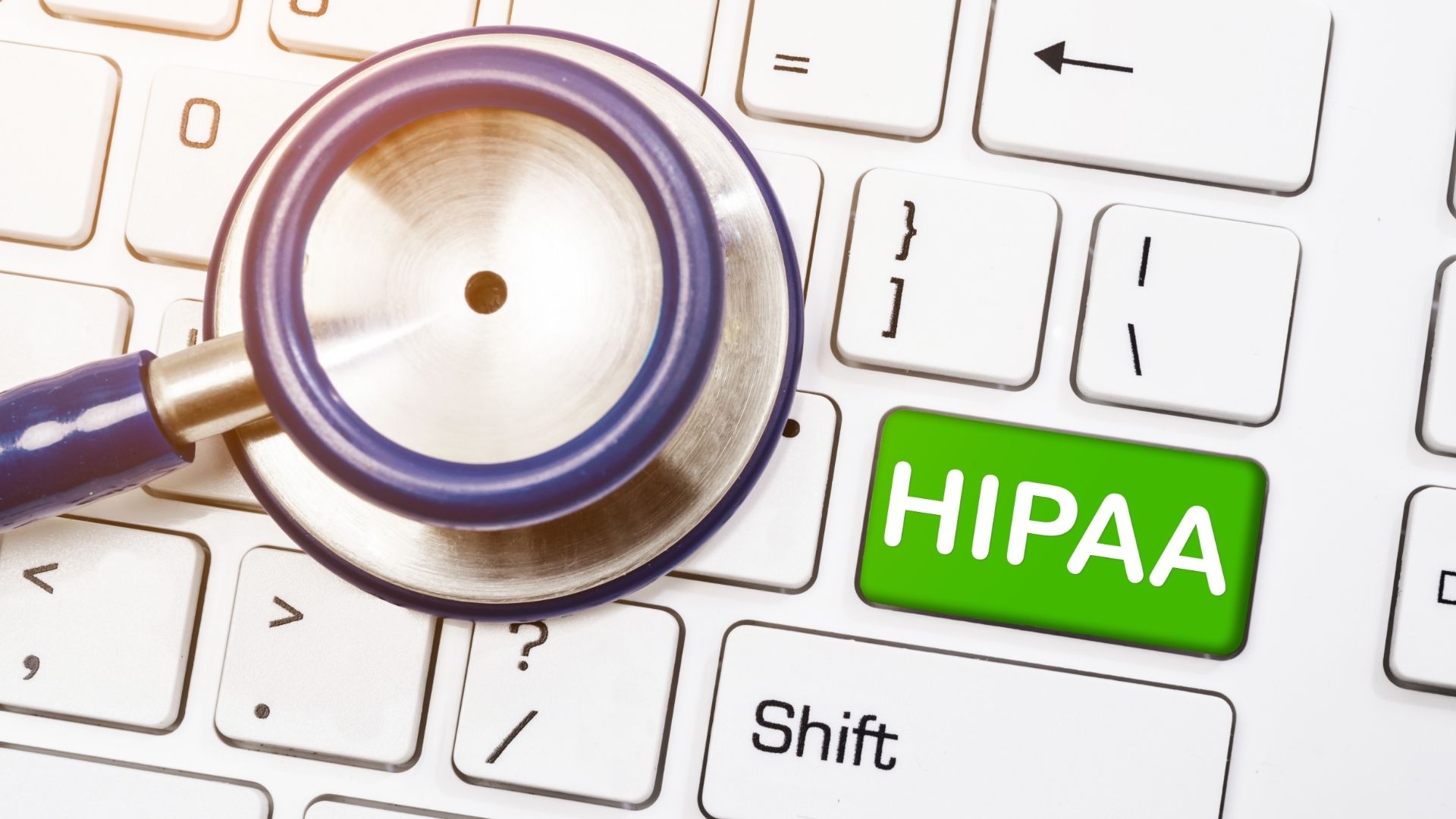
Blog Post
Healthcare Data Compliance: Understanding HIPAA
Organizations in the healthcare industry face many challenges related to safeguarding patient data. Some of these challenges include the nature of the data collected, given that information can be extremely sensitive and have the potential to cause emotional distress for the patient if put in the wrong hands. Additionally, healthcare professionals are often not tied to one server, computer, or workstation. This is especially true given the new remote workforce and growth in telehealth.
HIPAA Compliance to Protect Patient Data
In order to protect intimate patient health and payment information, it is critical to understand what the Health Insurance Portability and Accountability Act (HIPAA) is. HIPAA sets a standard for any entity that provides treatments or payment services to individuals to guarantee that electronic protected health information (ePHI) remains secure.
There are several rules that comprise HIPAA:
- HIPAA Privacy Rule: This rule established a nationwide standard for shielding ePHI.
- HIPAA Security Rule: Similar to the privacy Rule, the Security Rule is applied nationally to any entity that creates, receives, uses or maintains patient information.
- HIPAA Transactions and Code Set Rule (TCS): A code set is what is used to define data elements such as medical diagnoses, treatments, terms and more. Under HIPAA TCS, organizations are mandated to use coded language when communicating patient records.
- HIPAA Unique Identifiers Rule: Employees who have access to patient health data are required to have an employee identification number (EIN), which is issued by the International Revenue Service. Providers receive an exclusive 10-digital national provider identifier (NPI). EIN and NPI numbers must be noted on any HIPAA transaction so patients always know who handled and had access to their information.
- HIPAA Enforcement Rule: This rule sets the precedent of how regulators will deam fines and calculate liability for any health-care institution that violates HIPAA policies.
- HIPAA Breach Notification Rule: If a HIPAA breach were to occur, this rule ensures that within 60 days patients will be notified that their information was disclosed or compromised.
- HIPAA Final Omnibus Rule: Stemming from the Health Information Technology for Economic and Clinical Health Act (HITECH) along with the Enforcement and Breach Notification Rule is HIPAA’s Final Omnibus Rule. This rule extends patient rights and gives individuals some level of authority over their personal information. For example, patient consent must be given to an entity if they wish to sell data. Patients may also request copies of their health information in electronic forms.
HIPAA Safeguards to Achieve Healthcare Data Compliance
In order to protect sensitive patient information, organizations must include both physical and technical safeguards. One means of protection is physical barriers between the public and data. It’s important to know the environmental vulnerabilities your organization may have that could easily expose data or make it accessible to unnecessary people. Your organization should consider limiting access to facilities that house ePHI, which includes offices and workstations. Meeting with employees and discussing the responsibility they have to protect their devices and therefore their patient data can also enhance safeguards as we know ePHI does sometimes leave the office on employee devices.
It is impossible for a single HIPAA compliance officer or committee to audit all patient records and confirm that compliance is being met. That is why it is critical for healthcare organizations to also deploy security solutions like PII scanning tools to help discover, classify and protect sensitive data. Applying these safeguards are all data protection strategies that ensure the security and availability of PHI. These practices also help to maintain the trust between healthcare professionals and patients and meet HIPAA regulations.
Healthcare Data Compliance Begins with Data Discovery
Achieving healthcare compliance is no easy feat, which is why Ground Labs is trusted by top healthcare organizations to help them take a proactive approach to safeguarding their patients’ information. Enterprise Recon assists organizations in locating the variety of devices that have access to digital health information. Our solution also enables organizations to discover over 300 types of data, including healthcare IDs and insurance information.
Are you ready to start your journey to HIPAA compliance with Ground Labs? Schedule a demo with us today.
